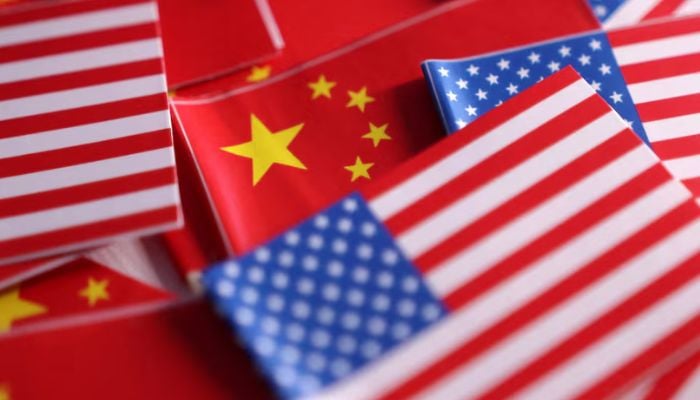
China has introduced a new visa category aimed at attracting young foreign science, technology, engineering and mathematics (STEM) graduates, providing entry, residence and work rights without the requirement of having a job offer, which analysts say could give Beijing a boost in the global tech talent competition.
The K visa comes as the United States imposes a new $100,000 yearly fee for H-1B work visas, causing many prospective applicants to look for alternatives.
Immigration experts say the most appealing part of the K visa is that it removes the need for employers to sponsor applicants, a long-lasting barrier to accessing these types of jobs in the United States (US).
“The US has definitely shot itself in the foot on H-1Bs, and the timing is exquisite for China’s K visa,” said Geopolitical Strategy Chief Strategist Michael Feller.
According to Reuters, the K visa, despite its potential, faces hurdles in light of the Chinese government's guidance that vaguely stipulates criteria related to age, educational experience, and work experience, but does not specify further incentives such as permanent residency or sponsorship opportunities for family members.
Additionally, the majority of Chinese tech firms work in Mandarin, thus presenting a barrier for potential candidates who do not speak Mandarin.
Political considerations could also limit uptake. “China will need to ensure Indian citizens feel welcome and can do meaningful work without Mandarin,” Feller added, noting that India accounted for 71% of all approved H-1B visas last year.
China has a legacy of attracting scientists who were born in China (though not Chinese in nationality) and Chinese overseas talent. Recent innovations include home-purchase subsidies and sign-on bonuses of up to 5 million yuan (approximately $702,200) to entice researchers from abroad to return.
Analysts say even if the K visa does not bring in many candidates, it has symbolic importance.
“The symbolism is powerful: while the US raises barriers, China is lowering them,” said Iowa-based immigration attorney Matt Mauntel-Medici.
















